Australia’s national public holidays are deeply intertwined with its history, culture, and evolving national identity. These days mark significant historical events, celebrate cultural milestones, and honor the contributions of different segments of society. Each holiday carries its own unique significance and offers Australians the opportunity to reflect on their shared heritage. Here’s an expanded look at the history behind some of the major public holidays in Australia:
Australia Day (January 26)
Australia Day commemorates the landing of the First Fleet in 1788, when British settlers arrived at Sydney Cove and established the first European colony. It marks the beginning of modern Australia and has been celebrated in various forms since the early 19th century. However, Australia Day is also a day of mixed emotions. For Indigenous Australians, January 26 is often referred to as “Invasion Day” or “Survival Day,” symbolising the loss of land, culture, and sovereignty. In recent years, discussions have emerged around the potential for changing the date to create a more inclusive celebration that respects the experiences of First Nations peoples.
ANZAC Day (April 25)
ANZAC Day is one of the most important and solemn days on Australia’s calendar. It originally commemorated the landing of Australian and New Zealand soldiers at Gallipoli, Turkey, on April 25, 1915, during World War I. The bravery and sacrifice of the ANZAC (Australian and New Zealand Army Corps) soldiers left a lasting legacy, and ANZAC Day has since expanded to honor all Australian military personnel who have served in wars, conflicts, and peacekeeping missions. The day begins with a dawn service, reflecting the time of the Gallipoli landing, followed by parades, memorials, and moments of silence across the nation.
Labour Day
Labour Day celebrates the achievements of Australian workers and the labor movement, particularly the success of securing an eight-hour workday in the mid-19th century. The push for fair working conditions originated in Melbourne in 1856, when stonemasons led a movement for more reasonable working hours. Labour Day recognizes the contributions of workers to the nation’s prosperity and is celebrated on different dates across Australian states and territories. In the Australian Capital Territory, New South Wales, and South Australia, it is the first Monday of October. It is the second Monday in March in Tasmania and Victoria, albeit the latter state refers to it as Eight Hours Day. The first Monday in March is observed as Labour Day in Western Australia. In some states, it’s known as “Eight-Hour Day.”
Queen’s Birthday
Despite Australia’s growing independence from the British monarchy, the Queen’s Birthday holiday remains a long-standing tradition. The holiday honors the birthday of the reigning British monarch and serves as a reflection of Australia’s historical ties to the British Crown. Interestingly, the Queen’s actual birthday was in April, but Australia observes the holiday in June. The date varies slightly across states and territories. Even with Queen Elizabeth II’s passing in 2022, the holiday continues as a tribute to the monarchy, now honoring King Charles III.
Christmas and Easter
Australia’s observance of Christmas and Easter reflects the country’s Christian heritage, brought over by British settlers. Christmas (December 25) celebrates the birth of Jesus Christ, while Easter marks his crucifixion and resurrection. These holidays have become major cultural events in Australia, transcending their religious origins and embracing broader themes of family, togetherness, and community. In recent years, they have also incorporated more secular traditions like gift-giving and Easter egg hunts, making them beloved celebrations for Australians of all backgrounds.
New Year’s Day (January 1)
New Year’s Day marks the beginning of the calendar year and is a time for celebration, new resolutions, and festivities. While not unique to Australia, New Year’s Day is a symbol of renewal and is celebrated with fireworks, parties, and gatherings across the country. Sydney, in particular, is world-famous for its spectacular New Year’s Eve fireworks display over Sydney Harbour.
Boxing Day (December 26)
Boxing Day, celebrated the day after Christmas, originated in Britain as a day when the wealthy would give gifts or “boxes” to their servants and the less fortunate. In Australia, it has evolved into a day of major sporting events, particularly cricket and the Sydney to Hobart Yacht Race, as well as post-Christmas sales, making it a favorite among shoppers.
A Reflection of Australia’s Heritage
Australia’s national public holidays reflect the diverse influences that have shaped the nation’s history, from its colonial beginnings to its modern, multicultural identity. While some holidays serve as moments of pride and unity, others invite reflection on the nation’s complex past, particularly regarding its Indigenous peoples. Whether gathering for festive celebrations or pausing to honor those who have served, Australians use these days to connect with their shared history and look towards a collective future.
















